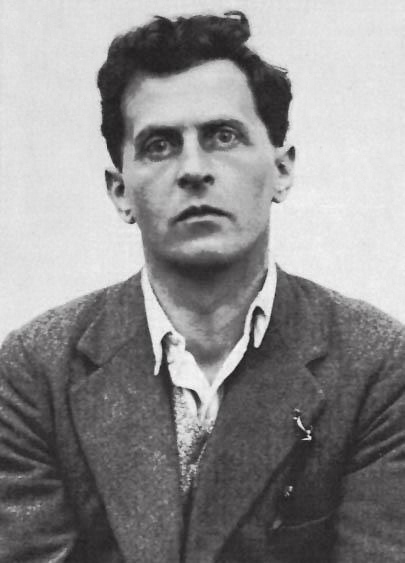The duality of self and other is the peculiar symmetrical asymmetry of being human, and possibly of being life itself.
Similarity and differences in the meaning of words between individuals is unavoidable because we all seem to share this quality of consciousness, as well as the quality of experiencing others as objects of our consciousness.
Nature instills the quality of "unique conscious experience" to each of us. Biological replication is the basis for the repetition of this pattern in all members of our species.
Why was I drawn to the content of this youtube, which came from this article interviewing Teodora Petkova: https://medium.com/content-conversations/a-semantic-text-strategy-conversation-teodora-petkova-fa6d8ad7c72f
Through this youtube and through the interview with Teodora Petkova, I became aware of Ludwig Wittgenstein's beetle-in-a-box analogy for private thoughts.A meme is reproduced and shared over and over, drawing people who resonate with it.
Hence, my own discovery of this idea demonstrates the mechanics of self and other consciosness. In any rendition of the present, my semantic state has been influenced by countless number of other writers, content developers or consciousnesses, echoing Husserl's Lebenswelt. Once we are bootstrapped into language through a long gestation period of child development, we simply grow our vocabulary of words, and continuously upgrade their individual meaning through the unique experiences of our unique lifeworlds.
This symmetrical asymmetry is a distinct and unique property of the individual human, showing just how entangled the individual is with the collective, the self with the other.
It is said that the most obvious is at the same time the most difficult to see. The metaphor "a fish does not know of the water that surrounds it" is apt. Our symmetrical asymmetry of experience is so universal that its salience and peculiarity is easily overlooked and not explicitly discussed except by the philosophically inclined. It is more often subconsciously felt than made into an explicit subject of discourse. It is recognized as obvious and coming with the territory of being human.
Indeed, we might say that this common peculiarity of the private, subjective world is paradoxically one of the strangest and yet one of the most common at the same time. Its obviousness does not lessen its profound sense of magic.
The fact that we live in these two kinds of worlds, the private inner and the public outer, and that these terms "private inner" and "public outer" are themselves abstractions, also explains how our participation in collective reality may often not live up to expectations.
For example, in a time when the world needs to undergo a monumental whole system change, it is a challenge to mobilize sufficient number of people to drive the needed change. Part of the reason for this could be that the individual pole, the salience of the "private, inner" pole could prioritize it above even such collective action. The ideas and feelings in our own life as an individual, driven by our private inner lives may dominate our individual actions. Getting on with life often supersedes even threats to society.
